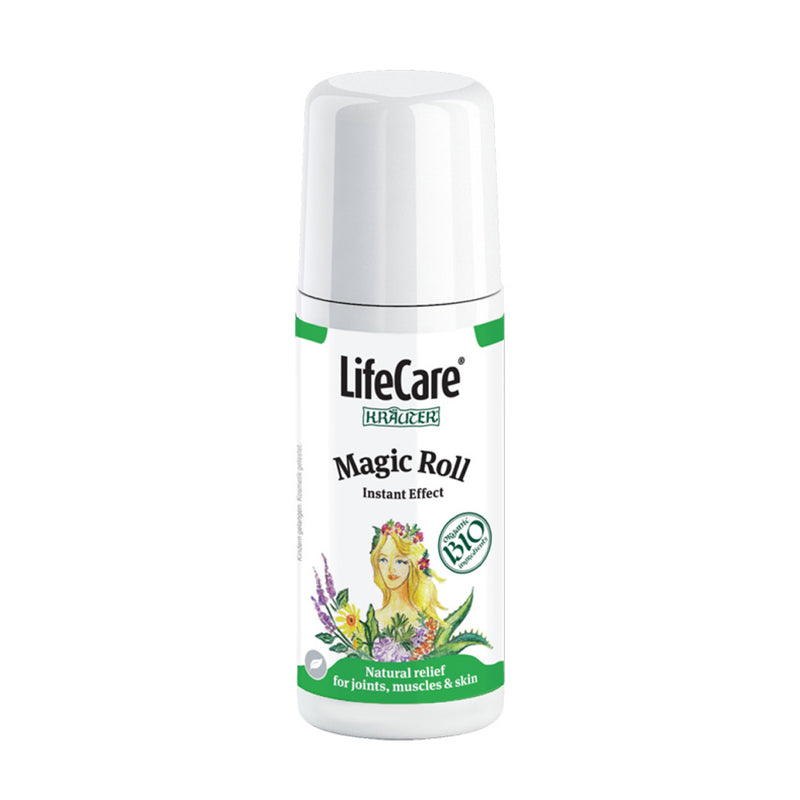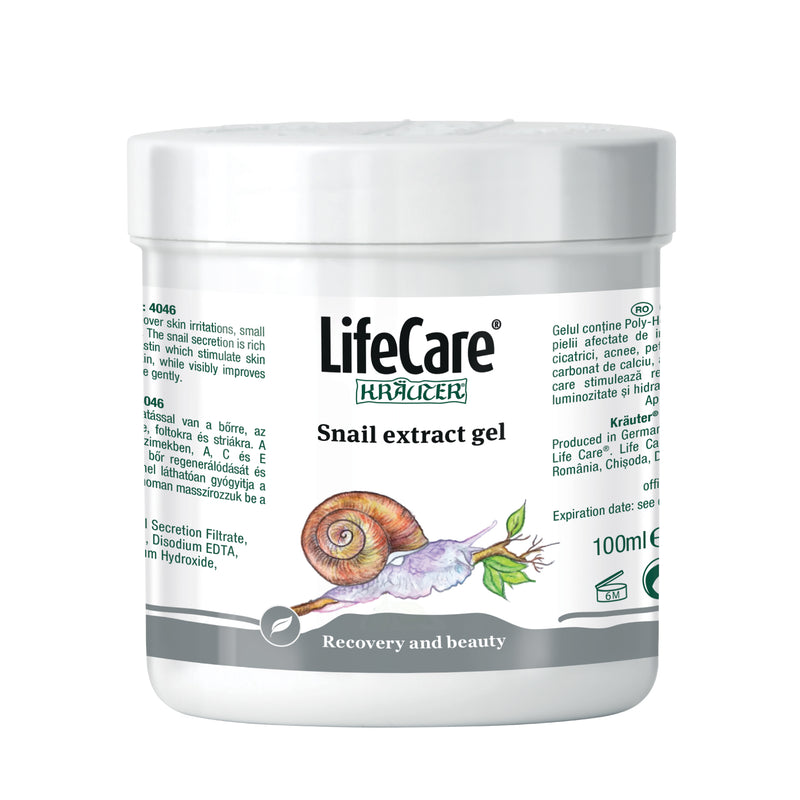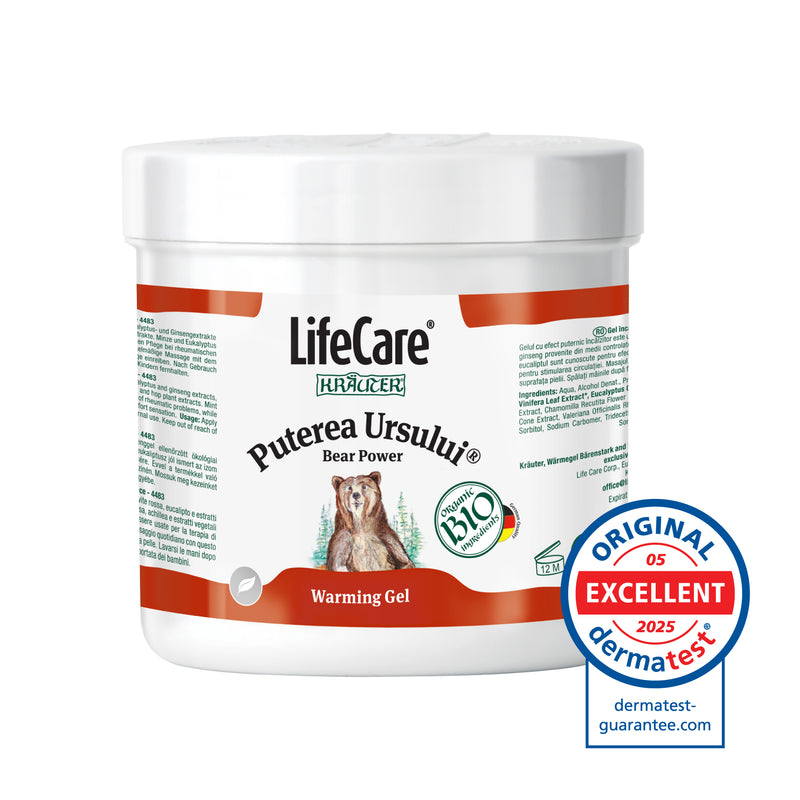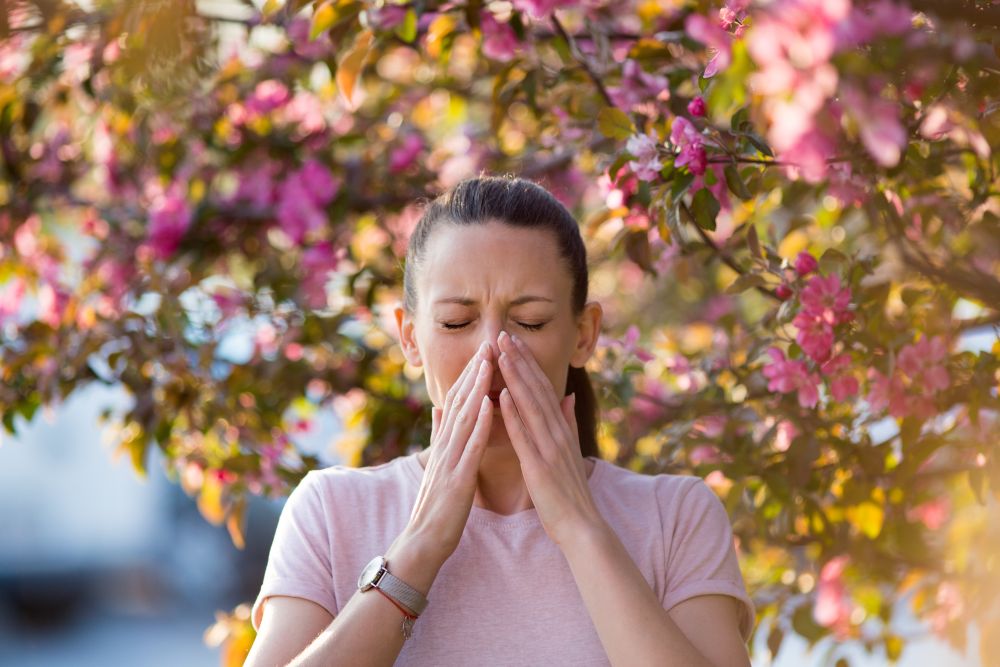Allergies are signals that the body gives when it meets an external factor (allergen) that causes hypersensitivity. The immune system perceives these allergens as an "enemy", although they are harmless, and trigger an immune response.
The body begins to produce histamine, a substance that triggers inflammatory reactions in the body and produces some of the annoying symptoms of allergies. Allergies are manifested by: itching in the eyes and nose, eczema or irritation, headaches, eyes that tear, rhinorrhea, sneezing, cough, breathing difficulties.
The main types of allergies and how to recognize them?
You may face spring (pollen) allergies, skin allergies or food allergies. The most common allergens are: dust mites, pollen, mold spores, some foods (eggs, milk, peanuts, crustaceans, soy, wheat, etc.), substances found in cats and dogs, certain metals (such as nickel in jewelry).
The main types of allergies: food allergy, drug allergy, insect venom allergy, contact allergy (animal saliva), respiratory allergy (pollen, mites, etc.)
It is very easy to recognize an allergy. We must identify the appearance of allergic reactions with the potential allergen factor. I mean, if you play with a cat and you start to sneeze, flow your nose to appear red spots on your skin, you may have developed an allergy to the cat saliva. It is wrong to believe that we are allergic to animal hair. In fact, the allergy is caused by their saliva, but because they clean their fur through the lick, the saliva is transferred to the fur.
Food allergies are usually detected in the first years of life. When the stage of diversifying a baby begins, special attention should be paid to the eventual occurrence of an allergic reaction. However, food allergies can also occur throughout life. In this case, you should quickly call a specialist doctor.
If you are not sure what you are allergic or if you suspect that you have more allergies and you want to find out, you can test the allergist. The test consists of inserting the allergen into the skin with the help of a thin needle. If the area is reddened according to the medical graphs, you have discovered the source of the allergy.
Symptoms of allergies: From sneezing to respiratory illness
Allergies can have low to serious symptoms. The most common symptoms of respiratory allergies are: sneezing, itching sensation in the nose or in the sky, aqueous rhinor, headache, clogged nose, pressure sensation at the forehead or jaw, cough, wheezing, choking sensation, fatigue.
If allergies are not kept under control (with the help of antihistamines), they can lead to serious conditions such as asthma.
In the case of food allergies, the symptoms are much more serious: abundant sweating, swelling of the face and limbs, itching, difficulty in breathing or anaphylactic shock. Allergy to a food cannot be treated; the consumption of that food should be completely avoided.
Methods of preventing and managing allergies
Allergies cannot be prevented. They can be triggered at any time throughout their lives, and the cause of their appearance is not fully known.
What you can do is have a healthy lifestyle and a strong immune system. And if you have been detected with an allergy, avoid the allergen that causes you (in the case of food allergies, this is mandatory; in the case of pollen, animals or mites-it is not possible to avoid completely, but only to keep the symptoms under control).
Seasonal allergies can be improved if you follow some simple rules: You avoid going out when the level of pollen is high, you use an air purifier in the house, the administration of oral antihistamines or food supplements that inhibit the action of allergenic factors, the use of nasal sprays, avoiding stress (stress increases the level of cortisol, a substance that accentuates the allergic symptoms), the strengthening of the immune system,
In the case of allergy to mites, it is recommended to wash the bed linen at a temperature of 90 degrees, at least once a month.
Conclusions and recommendations: Finding the right solution for you
Regardless of the allergy you suffer (food allergy, pollen allergy, spring allergies, skin allergies, drugs, etc.), the best solution is to identify and avoid allergen. Each person needs a personalized treatment, so some people can keep allergy under control only with the help of antihistamines, while others need treatments with cortisol, immunosuppressants, immunomodulators, etc.
In order to find the right solution for you in allergic management, you must resort to the advice of the allergist. In parallel with the treatment he recommends, you can try the natural remedies that can minimize the distressing symptoms of allergies.
Useful questions:
How can I protect my family from allergies, regardless of the season?
If you follow some simple prevention rules, allergic management should become easier. Remember that the best method of prevention is the identification and then avoiding the allergen. If you suffer from mild to moderate symptoms, they can be kept under control with the help of antihistamine drugs, nasal decongestants or ophthalmic drops. Respecting the hygiene rules and strengthening the immune system helps in managing allergies.
What dietary supplements are recommended for allergic management?
Some of the best known natural remedies for allergies are those based on black cumin oil, vitamin E, curcumin (turmeric) and vitamin C.
Black cumin oil is concentrated in active principles and fatty acids, it has antiseptic, antibacterial effect, helping in irritations and allergies. It relieves the unpleasant symptoms of allergic rhinitis and strengthens the body, supports the health of the respiratory system (it has a bronchodilating effect) and increases the body's self -defense capacity.
Vitamin E increases the body's defense power in the face of infections and allergies. It is an excellent antioxidant, which plays an important role in inhibiting and reducing the activity of many messengers and adhesion molecules, as well as of cells and cytokines responsible for exacerbating allergic symptoms.
Curcumin has antioxidant, antibacterial and anti -inflammatory benefits. It can be beneficial to the respiratory tract because the level of antioxidants in the cells increases and relaxes them. It can inhibit the function of cytokines that affect the function of eosinophils, which means it reduces the allergic reaction of the body and can diminish or even prevent allergic symptoms.
Vitamin C is a powerful antioxidant that contributes to the protection of cells against oxidative stress and to maintain the normal functioning of the immune system. The ascorbic acid it contains has strong antihistamines that reduce the symptoms associated with allergy. It reduces nasal leakage, improves the redness of the eyes and sneezing.





